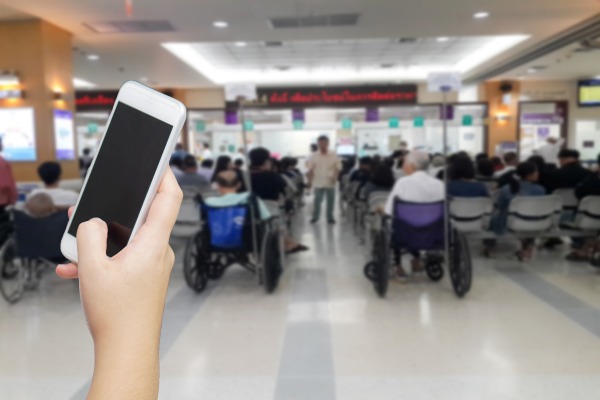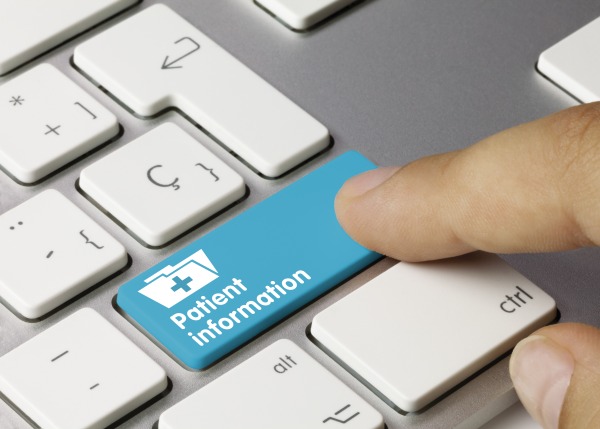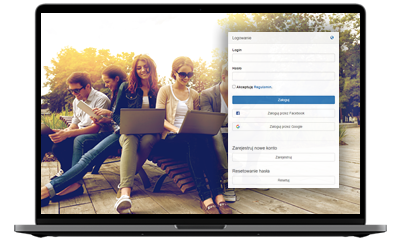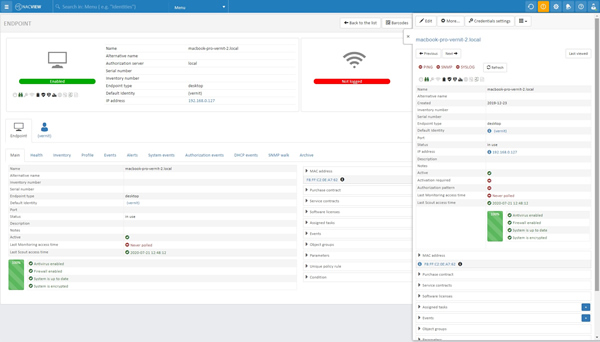Securing the computer networks of medical facilities is extremely important for the efficient functioning of the entire healthcare system and the safety of patients. Why?
Your Network - Your Rules


Rozróżniaj urządzenia medyczne od innych urządzeń pracujących w sieci. System NACVIEW skutecznie zidentyfikuje urządzenia medyczne i poprzez segmentację sieci oddzieli je od pozostałych urządzeń.

Automate the process of granting and denying access to the network thanks to the integration of the system with the HR system database. As a result, an employee leaving work will be automatically denied access to the network.

Grant guest access through temporary accounts. Individual network access data issued during patient registration in the hospital ensures that no user and device will be anonymous in the network.

Integrate the NACVIEW system with the hospital's HIS base, which provides detailed information about the patient, including when he entered the hospital and when he left. Based on this information, the system can identify him on the network and automatically revoke him access after treatment is completed.

Enable Captive Portal, which allows each patient to independently register their device on the network. The portal can also be used by hospital staff to register their private devices on the network.

Monitor the health of employees' end devices. The current version of the operating system, running anti-virus software, system firewall or verification of running processes are conditions which, if not met, may result in revoke access to the network.